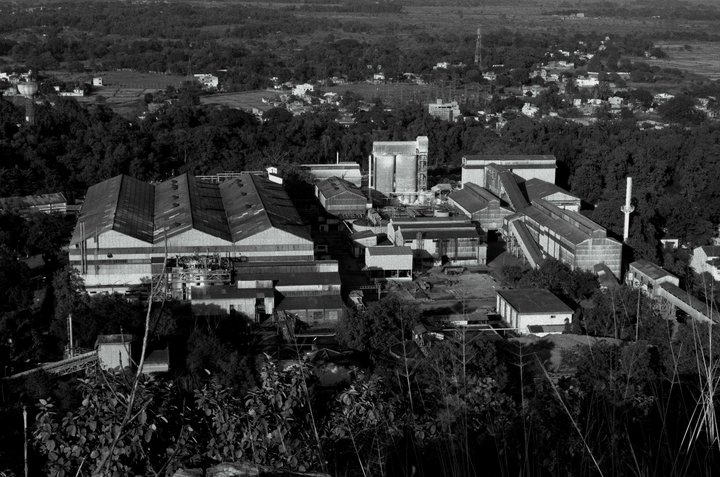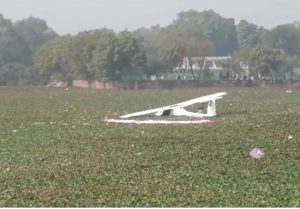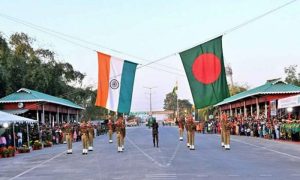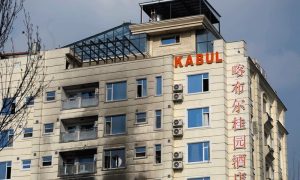The Subarnarekha River roars out of the Chota Nagpur plateau in eastern India, emptying 245 miles downstream into the Bay of Bengal, making it a vital source of life and, lately, of death.
Reportedly, not many Indians have ever heard of Jaduguda or its sad legacy. It remains the world’s largest democracy’s best-kept secret. Cursed, because it has India’s largest uranium mines. Uranium has poisoned generations and will continue to haunt all future generations, as it has started exhibiting the harrowing shadows that it will cast on the future.
What the foreign teams uncovered was hard evidence of the toxic footprint of the country’s secret nuclear mining and fuel fabrication program. The program is now the subject of a potentially powerful legal action that shines an unusual light on India’s nuclear ambitions and casts a cloud over its future reactor operations.

(Image: Exclusivepix Media)

(Image: Exclusivepix Media)
Increases in miscarriages, impotency, infant mortality, Down’s syndrome, skeletal deformities, thalassemia have been reported. With raw radioactive ‘yellow-cake’ production to increase and more than 100,000 tons of radio-active waste stored at Jadugoda the threat to the local tribal communities is set to continue.

(Image: Exclusivepix Media)


(Image: Exclusivepix Media)
On Aug. 21, 2014, however, a justice in this state’s court ordered an official inquiry into allegations that the nuclear industry exposed tens of thousands of workers and villagers to dangerous levels of radiation, heavy metals or other carcinogens, including arsenic, from polluted rivers and underground water supplies that have percolated through the food chain — from fish swimming in the Subarnarekha River to vegetables washed in its tainted water, according to Huffington Post’s exclusive report.

(Image: Exclusivepix Media)

(Image: Exclusivepix Media)

(Image: Exclusivepix Media)
Huffington reported that an international team of experts found that 47 percent of women suffered disruptions to their menstrual cycle, while 18 percent had had miscarriages or stillborn babies in the previous five years. One-third were infertile. Many said their children were born with partially formed skulls, blood disorders, missing eyes or toes, fused fingers or brittle limbs.


(Image: Exclusivepix Media)

(Image: Exclusivepix Media)
Given the absolute secrecy that surrounds the nuclear sector in India, the case is a closed affair, and all evidence is officially presented to the judge. But the Center for Public Integrity has reviewed hundreds of pages of personal testimony and clinical reports in the case that present a disturbing scenario.

(Image: Exclusivepix Media)

(Image: Exclusivepix Media)

(Image: Exclusivepix Media)
India’s nuclear chiefs have long maintained that ill health in the region is caused by endemic poverty and the unsanitary conditions of its tribal people, known locally as Adivasi, or first people. But the testimony and reports document how nuclear installations, fabrication plants and mines have repeatedly breached international safety standards for the past 20 years. Doctors and health workers, as well as international radiation experts, say that nuclear chiefs have repeatedly suppressed or rebuffed their warnings.

(Image: Exclusivepix Media)

(Image: Exclusivepix Media)

(Image: Exclusivepix Media)

(Image: Exclusivepix Media)

Note: Photos and captions are taken from Mirror’s exclusive report.














